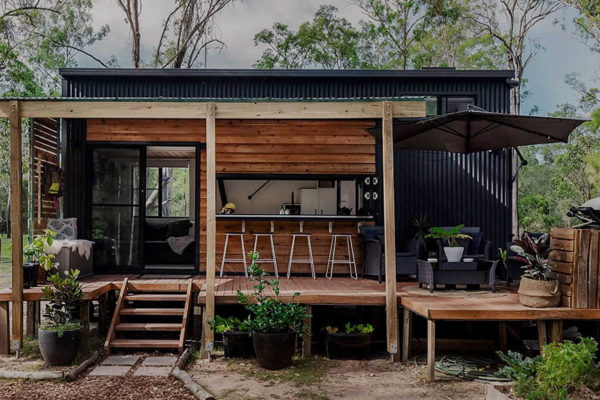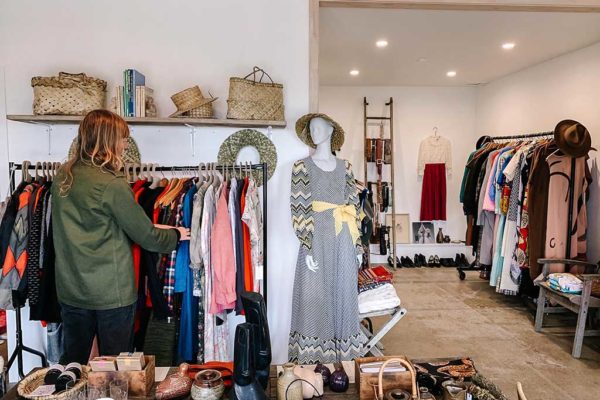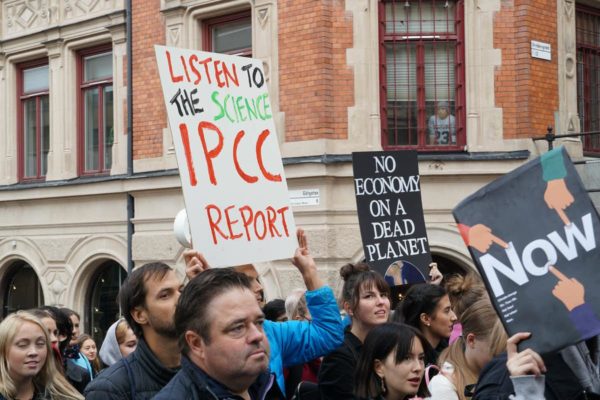Plastic is always the villain of the situation.
Plastic pollution ruins oceans, damages our wildlife, and affects our health. If plastic were a movie character, it would be The Joker, Captain Hook, Lord Farquaad, Ursula, or Scar.
Plastic is ruining our beautiful planet just like Darth Vader ruined Luke’s life. But there’s a reason why it was created, and there’s a reason why we find it everywhere we look.
I don’t mean to sound crazy, but plastic is amazing.

"Plastic sucks, but it’s also making the world go round."
Before we dive into why this popular material may have some plus sides, it is important to know what plastic is. Plastic is made up of long molecules (polymers and monomers) built around carbon chains. It can be gas, plant, mineral, or oil based. Plastic is usually synthetic; man-made through complex chemical processes, rather than plants or animals.
Because of its malleability, durability, and ease to produce, plastic slowly grew in popularity, and completely blew up in the 1960s when Karl Ziegler created polyethylene; the plastic we know today. It is since then, that the plastic crisis has merged out of over consumption.
Plastic Saves Lives
Think of the seat-belts that keep you safe, the car seats that protect your children, and the pacemakers saving your grandfather’s life daily; these items are made from plastic.
Plastic makes the impossible happen.
Over 3,000 police officer’s lives have been saved by their plastic based protective vests, and medical professionals use plastic tools daily that keep blood pumping, fluids flowing, and their patients alive. Without plastic, none of this would be possible.
Wrapping our food in plastic is another major life saving technique.
Plastic packaging reduces the amount of bacteria growth on food, meaning it is healthier for us, and there is less chance of harmful bacteria that will make us sick. Plastic protects us from food borne diseases, and serious discomfort.
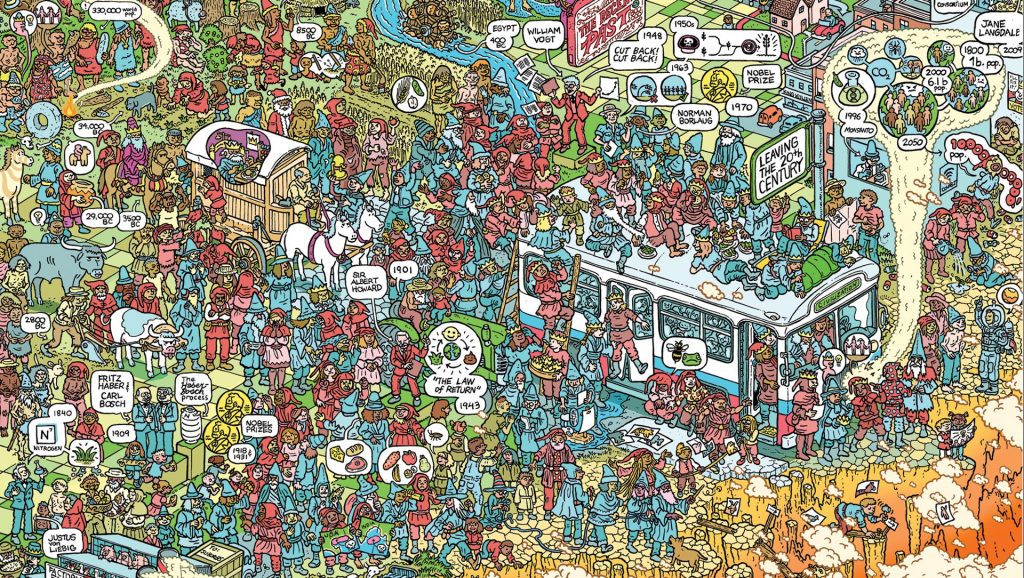
Image via The Atlantic
Plastic feeds billions
Plastic wrapped cucumbers are hard to fathom when you’re an eco-warrior marching through Plastic Free July, but with 7.4 billion people to feed in the world; plastic is a necessity. For example the plastic wrapping on a cucumber can extend its shelf life by 14 days.
As a society, we can’t afford to waste food when there are so many mouths to feed. We see the repercussions of plastic-free produce in third world countries where packaging is not available and many starve.
“Beyond serving our own taste buds, plastic is a huge part of the battle against malnutrition in the developing world.” – Sarah Wild, Quartz
Wrapping our food in plastic is practical and often more economical than other materials. Because of the malleable and lightweight properties of plastic, less can be used, and less fuel is needed to transport the food, resulting in lower carbon emissions.
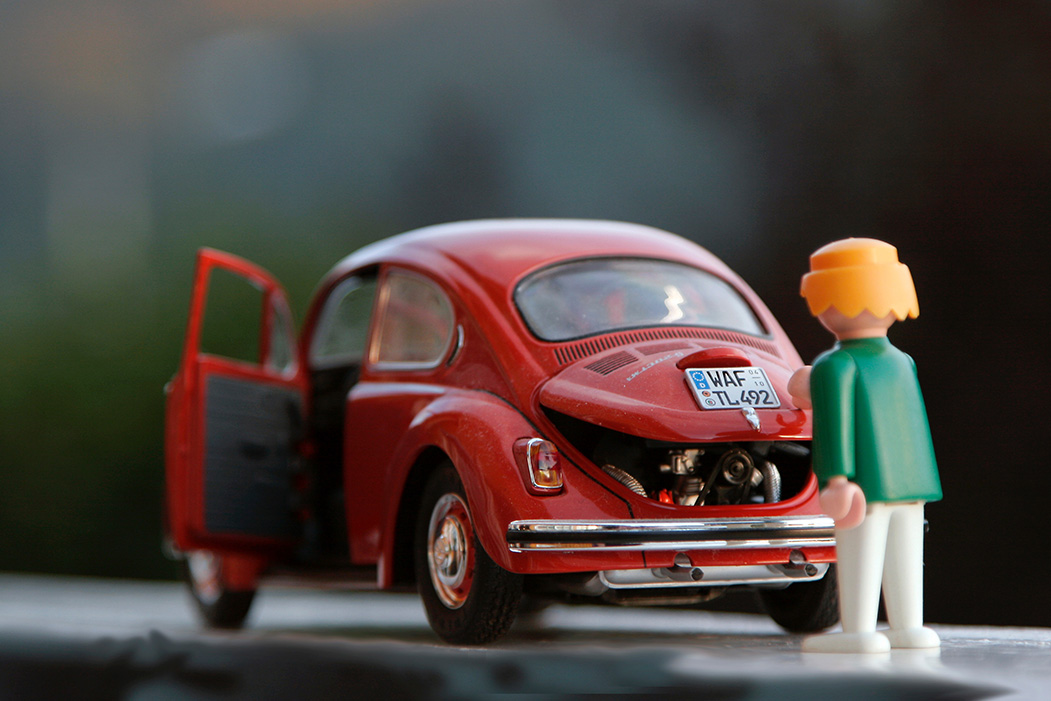
Image via Unsplash
Plastic conserves our resources
Cars are now being designed with more plastic parts. I know, it doesn’t sound promising for the environment, but let me ease your worries. Plastic is one of the lightest materials, and reducing the weight of the car results in lower fuel consumption, therefore less carbon emissions which contribute to climate change.
Insulation is another energy saving technology. Buildings with foam insulation, made from plastic, save 2,400 million tonnes of greenhouse gases in their lifetime. Fridges, freezers, and other appliances also rely on plastic for ultimate utilisation. Energy bills go down, food is kept safe, and people are warmer and happier from keeping the warmth in and the sun out. Plastic with a purpose is crucial to survival.
Humans are clever.
There are always reasons behind inventions, fads, crazes, and popular discoveries, and for plastic, there are many.
The issue with plastic is the singular and/or excessive use.
Human’s aren’t clever when we use a coffee cup for 5 minutes that took several stages and months to be produced, and will take thousands of years to break down. The plastic crisis is important to participate in, learn about, and adapt habits accordingly, but plastic should never be ruled from the equation.
Plastic sucks, but it’s also making the world go round.
Graphic videos of plastic suffocating animals aside, we need plastic to survive. If plastic were to vanish tomorrow, thousands would die.
Plastic is amazing, and we shouldn’t forget that.
